HEALING THROUGH CHRIST
LITURGY OF ANOINTING DURING MASS
Let us pray to God for our brothers and sisters and for all those who devote themselves to caring for them.
Bless N. and fill them with new hope and strength: Lord, have mercy.
RESPONSE: Lord, have mercy.
Relieve their pain: Lord, have mercy.
RESPONSE: Lord, have mercy.
Free them from sin and do not let them give way to temptation: Lord, have mercy.
RESPONSE: Lord, have mercy.
Sustain all the sick with your power: Lord, have mercy.
RESPONSE: Lord, have mercy.
Assist all who care for the sick: Lord, have mercy.
RESPONSE: Lord, have mercy.
Give life and health to our brothers and sisters on whom we lay our hands in your name: Lord, have mercy.
RESPONSE: Lord, have mercy.
LAYING ON OF HANDS. In silence, the priest lays his hands on the head of each sick person.
PRAYER OVER THE OIL: The priest says a prayer of thanksgiving over the blessed oil or he may bless the oil himself.
Brothers and Sisters, as we give thanks to God for the gift of sacramental grace symbolized by the use of this holy oil, I invite you to respond to each of these three prayers of praise by saying “Blessed be God who heals us in Christ.”
Praise to you, God the almighty Father. You sent your Son to live among us and bring us salvation.
RESPONSE: Blessed be God who heals us in Christ.
Praise to you, God, the only-begotten Son. You humbled yourself to share in our humanity and you heal our infirmities.
RESPONSE: Blessed be God who heals us in Christ.
Praise to you, God, the Holy Spirit, the Consoler. Your unfailing power gives us strength in our bodily weakness.
RESPONSE: Blessed be God who heals us in Christ.
God of mercy, ease the sufferings and comfort the weakness of your servants whom the Church anoints with this holy oil. We ask this through Christ our Lord.
R Amen
ANOINTING: The priest anoints the sick person with the blessed oil. First he anoints the forehead, saying:
Through this holy anointing may the Lord in his love and mercy help you with the grace of the Holy Spirit.
RESPONSE: Amen
Then he anoints the hands, saying:
May the Lord who frees you from sin save you and raise you up.
RESPONSE: Amen
PRAYER AFTER ANOINTING: The priest says one of the following prayers:
Father in heaven, through this holy anointing grant our brothers and sisters comfort in their suffering. When they are afraid, give them courage, when afflicted, give them patience, when dejected, afford them hope, and when alone, assure them of the support of your holy people. We ask this through Christ our Lord.
RESPONSE: Amen
Lord Jesus Christ, our Redeemer, by the grace of your Holy Spirit cure the weakness of your servants. Heal their sickness and forgive their sins; expel all afflictions of mind and body; mercifully restore them to full health, and enable them to resume their former duties, for you are Lord for ever and ever.
RESPONSE: Amen
Those who have been anointed are invited to resume their places in the assembly.

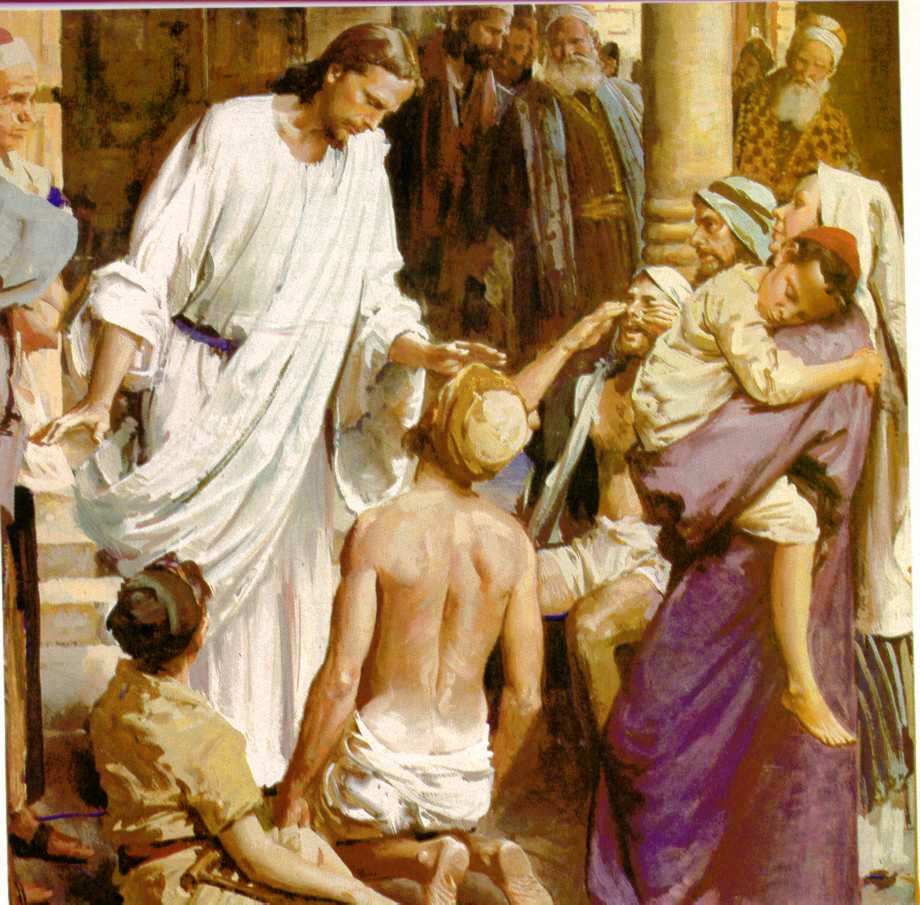

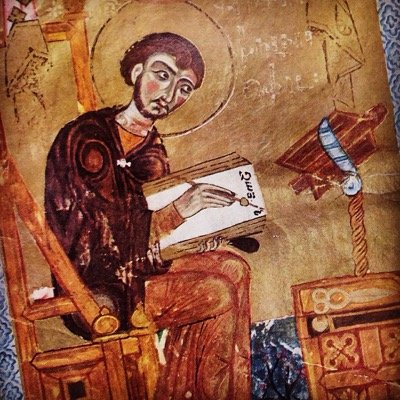
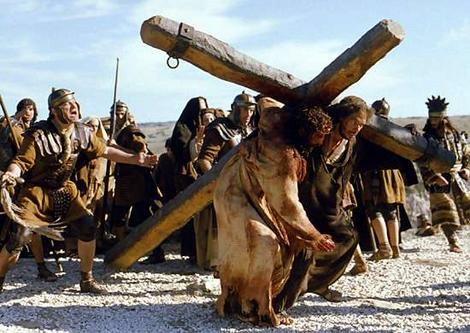
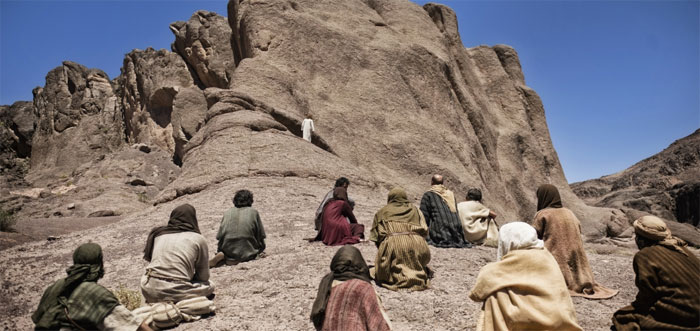

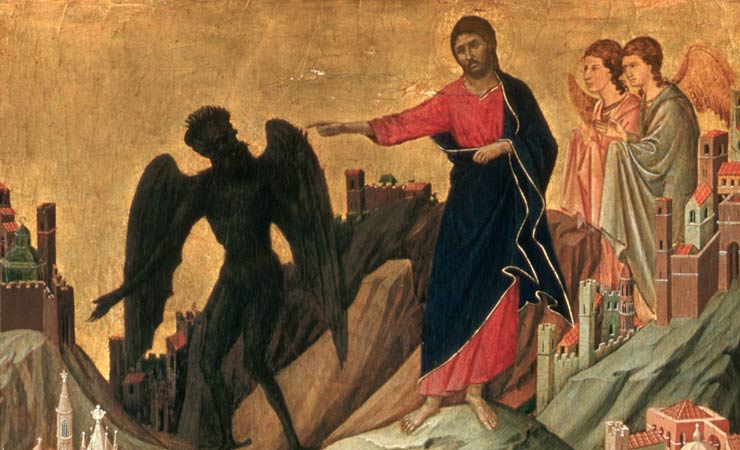
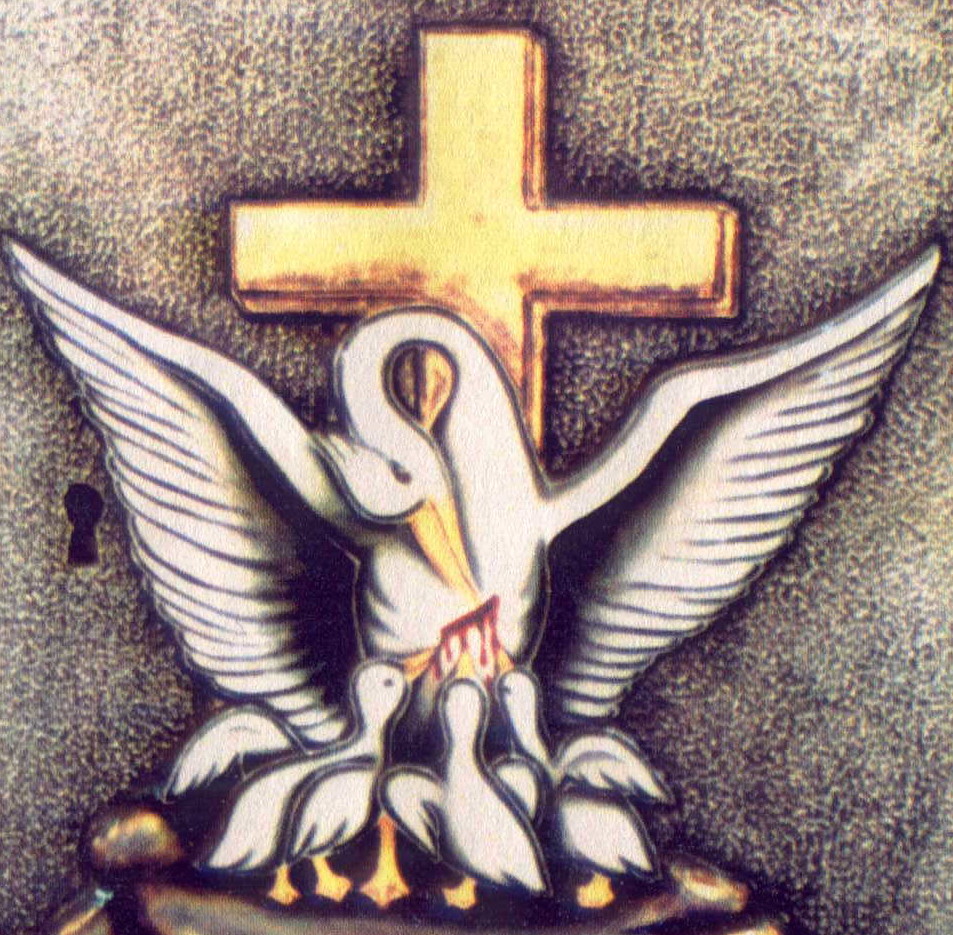
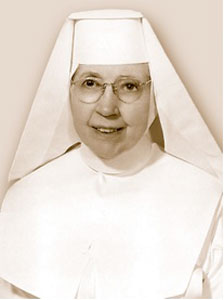
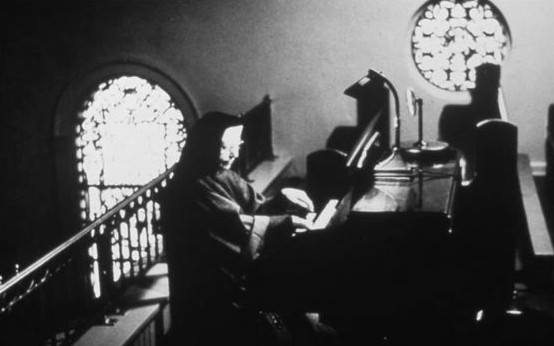
Recent Comments